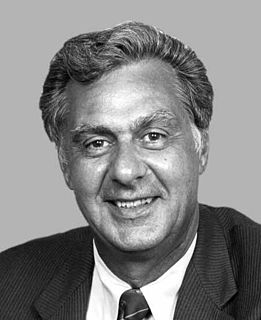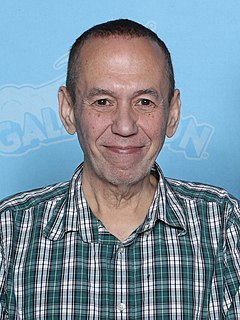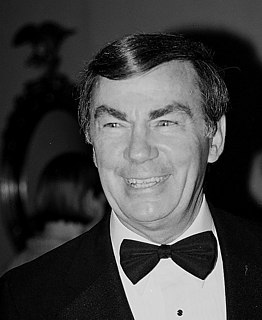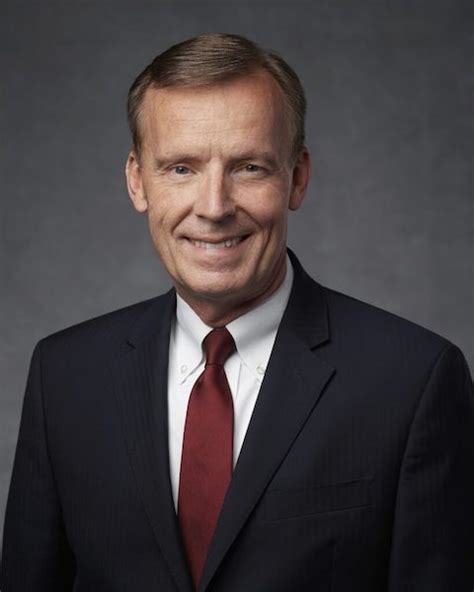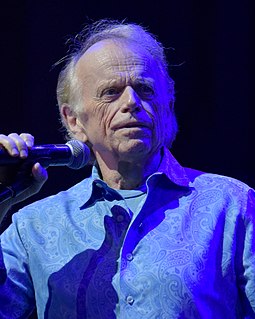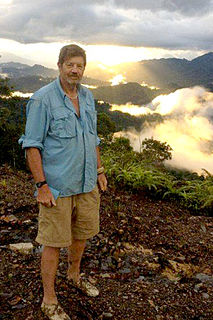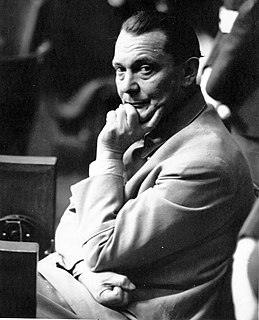A Quote by Pliny the Elder
On a farm the best fertilizer is the master's eye.
Quote Topics
Related Quotes
The Cubs, we built one of best farm systems - I think for a while there, it was the best farm system in baseball. And that was great. It got a lot of attention. But we didn't want the credit for the farm system. What we wanted was to see if we could do the tricky part, which was turn a lauded farm system into a World Series champion.
Once plants and animals were raised together on the same farm - which therefore neither produced unmanageable surpluses of manure, to be wasted and to pollute the water supply, nor depended on such quantities of commercial fertilizer. The genius of American farm experts is very well demonstrated here: they can take a solution and divide it neatly into two problems.
Some years ago one oil company bought a fertilizer company, and every other major oil company practically ran out and bought a fertilizer company. And there was no more damned reason for all these oil companies to buy fertilizer companies, but they didn't know exactly what to do, and if Exxon was doing it, it was good enough for Mobil and vice versa.
A farm includes the passion of the farmer's heart, the interest of the farm's customers, the biological activity in the soil, the pleasantness of the air about the farm -- it's everything touching, emanating from, and supplying that piece of landscape. A farm is virtually a living organism. The tragedy of our time is that cultural philosophies and market realities are squeezing life's vitality out of most farms. And that is why the average farmer is now 60 years old. Serfdom just doesn't attract the best and brightest.
The usual way of growing cotton is highly petrochemical-intensive, requiring 110 pounds of nitrogen fertilizer per acre. Some of the fertilizer is broken down by soil bacteria into nitrate, a toxic and highly soluble chemical that can leach into groundwater or get washed into lakes, creating oxygenless dead zones.



